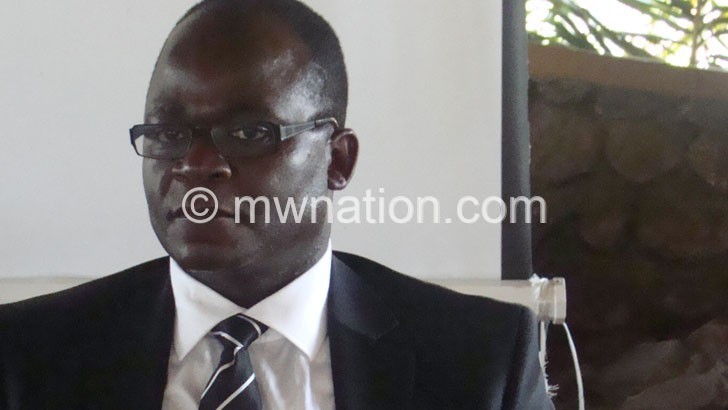Chamber fears public service fees hike
Malawi Confederation of Chambers of Commerce and Industry (MCCCI) has expressed fear of potential increase in fees for public services, saying the move is tantamount to punishing the people.
MCCCI’s reaction followed a routine exercise the Ministry of Finance, Economic Planning and Development has undertaken to request government ministries, departments and agencies (MDAs) to make recommendations on how to boost non-tax revenue.

Non-tax revenue is traditionally collected through business licences and certificates, road traffic permits, passports and ground rent.
In a telephone interview, Treasury spokesperson Davis Sado yesterday said the proposals were normal during preparation of the national budget.
He said: “Treasury expects non tax revenue collectors to make propositions as to how much their sectors would raise.”
The Department of Immigration has since proposed to raise passport fees from K48 500 to K80 000.
Reacting to the potential increases in the cost of public services, MCCCI chief executive officer Chancellor Kaferapanjira in an interview yesterday described the development as an attempt to heap the State’s financial burden on poor people.
He said: “Whatever happens, you should know that the end user of the services will bear the consequences of this decision. The impact of the hikes in public services will be felt by poor people.
“Normally, you do not raise fees or taxes when the economy is doing badly. Besides, there is an apparent wastage of public funds which does not inspire any confidence. This is a punishment meted on people of this country.”
Kaferapanjira’s sentiments reflect the position of the chamber made in its analysis of the 2018/19 National Budget Statement as presented by then minister of Finance, Economic Planning and Development Goodall Gondwe in May last year.
In its statement, MCCCI asked members of Parliament (MPs) to scrutinise the proposed hikes to protect people from taking knocks from the adjustments and also warned government to tame its appetite for domestic borrowing.
During yesterday’s interview, Sado said: “What you are seeing are just proposals which are put into consideration before final figures are presented in the proposed budget.
“It is an engagement process with the non-tax revenue collectors. These decisions are made considering that public services should be cost reflective at the same time they should be affordable to Malawians.
“We do not want a scenario where we have very low fees, but the services are not available,” he said.
In his reaction, Gilbert Kachamba, an economics analyst based at the Catholic University, said the State was missing the point on the matter.
He said: “We have seen government doing this kind of adjustments for many years in the past and what people expect is improvement of service delivery. This remains a pipe dream as we are yet to see any meaningful improvement in quality of services and efficiency.
“Malawians should therefore brace for tough times as the economy is on a downward spiral, costs are still rising.”
The Malawi Government financial year starts on July 1 and closes on June 30. However, due to the May 21 Tripartite Elections, the budget calendar was disrupted and today Minister of Finance, Economic Planning and Development Joseph Mwanamvekha is scheduled to table a provisional budget covering three months to end September.
The country’s comprehensive budget is expected to be tabled in September.





